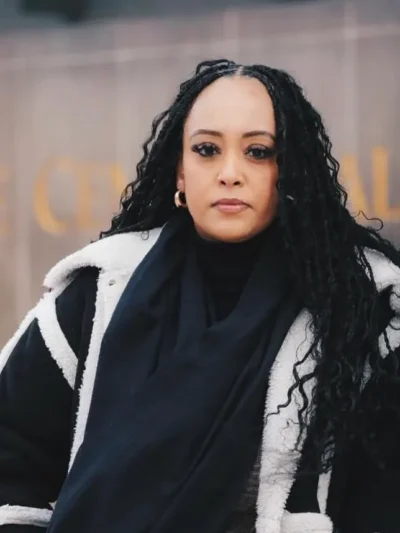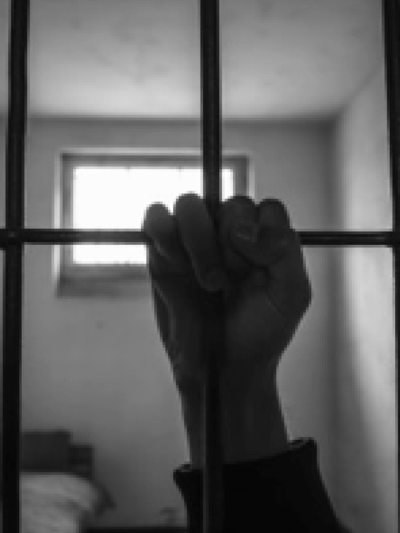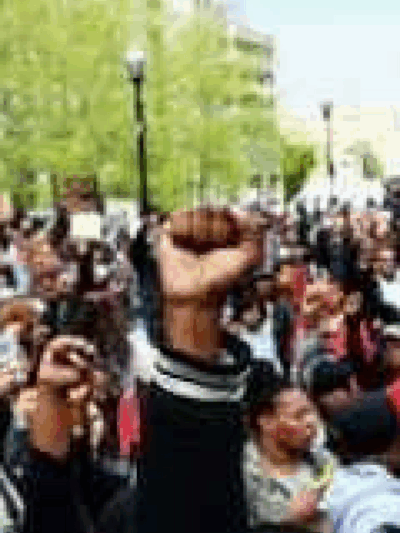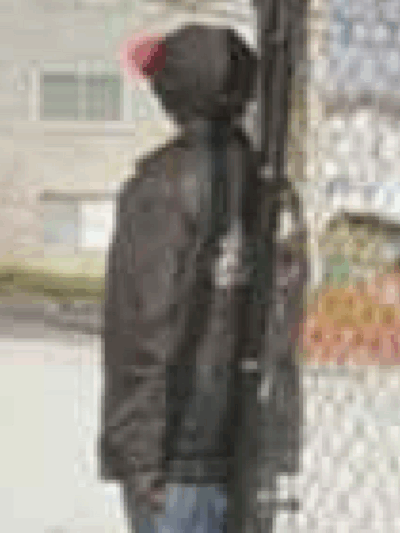News & Commentary
Maryland has the worst racial disparities in incarceration — The Second Look Act can help fix it
By Yanet Amanuel

24 Hours Can Make All the Difference
Just one 24 hour period in my work this week showed how dangerously misguided Baltimore leaders continue to be in their efforts to reduce violence. They are looking once again to "tough on crime" policies that lock up more Black residents, for longer periods of time.
By Meredith Curtis Goode

OPED in Washington Post: Maryland has started on prison reform. But what about the thousands in jails?
This year, Maryland experienced the beginning of a historic shift from a failed tough-on-crime approach that has swelled our prisons - mostly with poor black and brown people - and emptied our coffers, toward a smarter, evidence-based and more humane approach to justice. That new approach promises to reduce the incarcerated population, reduce recidivism by giving people returning to their communities from jail or prison the support they need to avoid future entanglement with the criminal-justice system and reduce the unconscionable racial and socioeconomic biases that permeate and delegitimize our justice system.
By Toni Holness

Maryland top of the class in movement to end zero-tolerance school discipline
By Jessica Clark, ACLU of Maryland

The Fight Continues: Ending Mass Incarceration in Maryland
At the core of this travesty is excessively harsh crime policies, which when paired with racially biased policing result in mass incarceration of people of color.African Americans are incarcerated at nearly six times the rate of whites, while Latinos comprise about 20% of all inmates. In 1980, there were about 40,000 people in American jails and prisons for drug crimes. Today, there are almost 500,000.The ACLU of Maryland advocates for humane and sensible policies that respect basic rights, seek to end racial profiling and make the best use of limited resources to help keep us safe.And then join the conversation by attending one or more of our upcoming events:

Stay Informed
Sign up to be the first to hear about how to take action.
By completing this form, I agree to receive occasional emails per the terms of the ACLU’s privacy statement.
By completing this form, I agree to receive occasional emails per the terms of the ACLU’s privacy statement.


